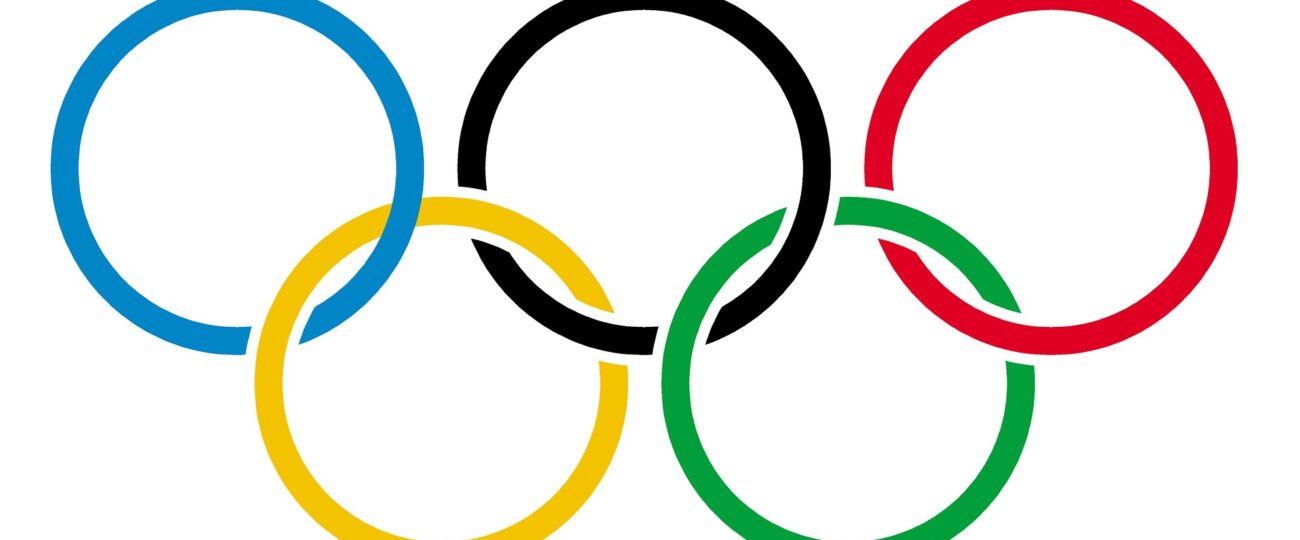Amid the backdrop of the 2022 Winter Olympics which are being held in Beijing, China this year, several North American and European countries are having a diplomatic boycott of the Olympics.
This boycott is taking place due to the human rights violations by the Chinese government. China has created several concentration camps where the Uyghur muslims are being held in appalling conditions.
A diplomatic boycott does not mean that the US is not participating in the Olympics; instead, it means that “we don’t send the President, First Lady, Secretary of State or anyone to represent us at that high of a level,” said Dr. Eddie Lee, professor of history at Winthrop University.
Sports teams are still competing at the Olympics, but there will be no government representation from major countries such as the United States, Australia, the United Kingdom, Sweden, the Netherlands, and Denmark.
Leaders or ministers of sport typically serve as leaders of their countries’ delegations during the Olympics. For example, First Lady, Dr. Jill Biden, served as leader of the US delegation during the Tokyo Olympics last summer.
This isn’t the first time the United States has boycotted the Olympics.
“In 1979, the Soviet Union invaded Afghanistan. And President Carter expressed his outrage and said that we needed to boycott the 1980 Summer Olympics which were being held in Moscow. Eventually, 65 nations agreed with us but we led the way,” Lee said.
The Olympics have a history of being politicized though. “The Olympics have been, from the beginning, inherently political. For example, the Tokyo Olympics in 1964 showcased a democratized and rehabilitated Japan following World War II,” said Dr. Andy Doyle, professor of history at Winthrop University.
Politicalization also occurred during the 1972 Olympics which were held in Munich, Germany in order to reward and present a democratized, fully–recovered Germany after World War II.
This boycott is not expected to improve US and China relations. “The Chinese are definitely mad about this snub, and it will increase the already bad relations with China. The Chinese always want recognition of status, especially under Xi, so this stings. It may make no difference sadly in improving human rights there, especially the Uyghurs,” said Dr. Christopher Van Aller, professor emeritus of political science at Winthrop University.
This boycott, in effect, has very little impact. “In practical terms, this means zero,” Doyle said.
Van Aller dove deeper into this explanation. “Boycotts large or small however have relatively little impact on authoritarian countries and can make their leaders look stronger to their people, such as Castro.”
Sadly, this boycott will do little to help the Uyghurs and other ethnic Muslims that are currently being sterilized and forced into concentration camps by the Chinese government.
“If Western citizens really cared about human rights, they would buy far fewer Chinese products. Government action would be unneeded. When I was a kid in the 1960s, virtually no trade occurred between the West and communist countries. We also had a much healthier industrial base,” Van Aller said.




